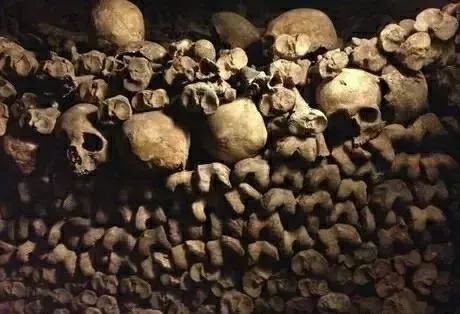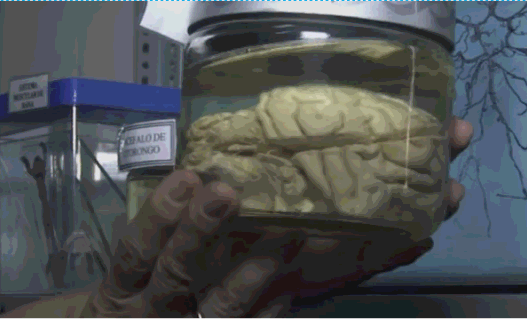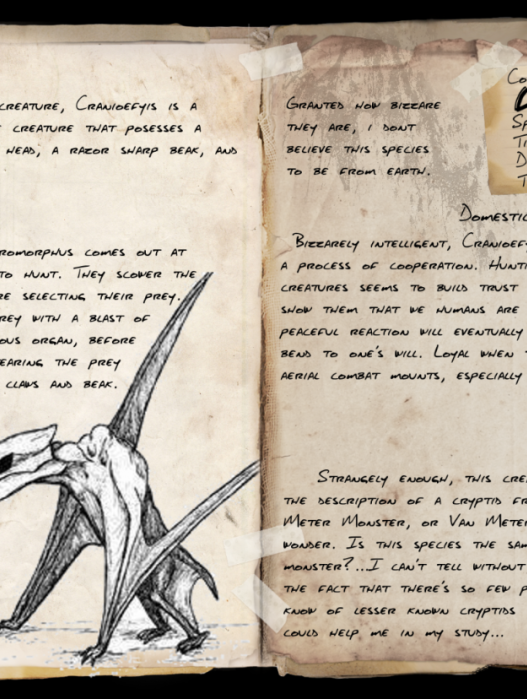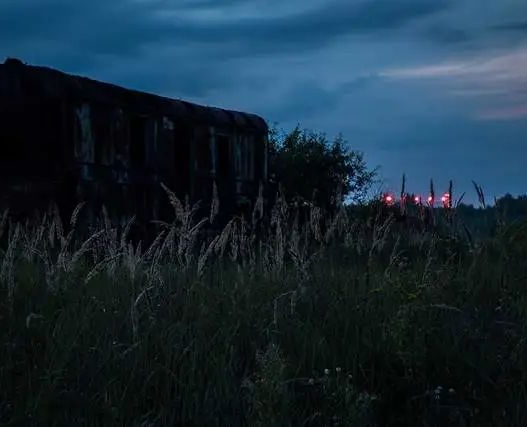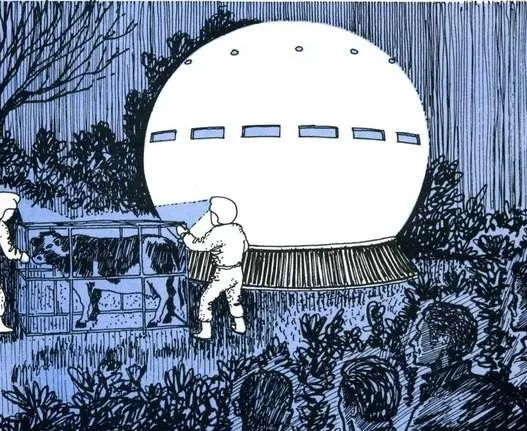Between 1983 and 1985, a villager from Yangyuhe Township in Shangluo, Shaanxi, committed the largest personal mass murder in modern Chinese history. He killed 48 people in his own house and buried their bodies in his courtyard. The 48 lives were exchanged for just 573 yuan.
This man, who appeared normal and showed no signs of mental illness, committed horrific murders, claiming that he was “clearing the way for the country.”
This man was named Long Zhiming—a name now associated with 48 lives lost.
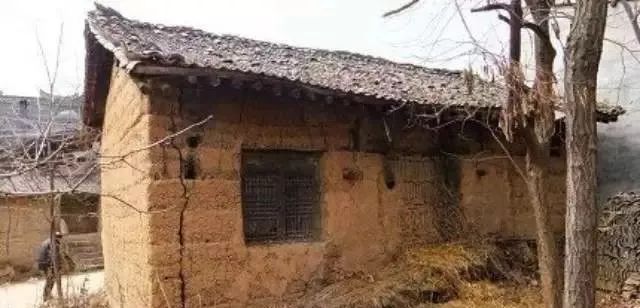
Between 1983 and 1985, strange occurrences started happening in Shangxian, where several villagers went missing. People who had traveled to town for shopping or work were reported missing. By May 1985, 37 people had gone missing in the area. If it hadn’t been for a villager named Du Changying’s brother, who went missing after going to market, this case might have continued unchecked. Du Changying was able to trace the missing persons back to Long Zhiming when he showed up at Du’s house asking for an unpaid debt. After Du pressed him for answers, Long was handed over to the police, and coincidentally, another group of people was also searching for Long at that time. The police began to take the matter seriously.
Multiple Disappearances
On January 11, 1985, two villagers, Jiang Sanhe and his companions, were returning from work in Xi’an. They encountered a short man, Long Zhiming, at Xiguan Bus Station. Long invited them to his home to help dig a pigsty for five yuan a day. Jiang Sanhe went to help but never returned. His family filed a missing person report. His brother, Jiang Yinshan, returned from the Shengli Oilfield to search for him in May. During this time, Jiang learned that Long Zhiming was frequently seen at the bus station and often invited strangers to his home for work. The family realized something was wrong.
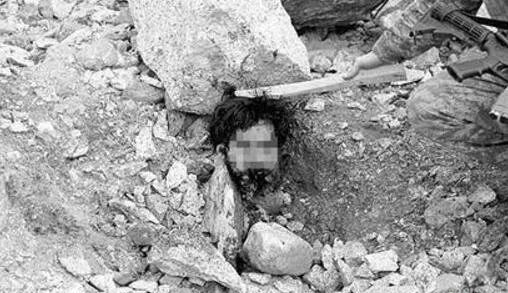
By May 28, another search team learned that Long Zhiming had been seen taking people from the market. As several people were now linked to Long, both search teams combined their findings and reported him to the police. When the police questioned Long, his responses were inconsistent: he denied any knowledge of the missing persons, only claiming that they came to help with chores and left afterward.
A House with the Stench of Decay
On the morning of May 29, 1985, two police officers arrived at Long Zhiming’s home in Wangduan village. The house was dark, with all the windows blocked by mud bricks, resembling a cellar. The floor was uneven, with spots that seemed to have been dug up. When the officers questioned Long’s wife, Yan Shuxia, who was paralyzed, she gave strange and inconsistent answers. At first, she denied knowing anything about the disappearances, but then said that people had stayed at their house before disappearing, and that she had heard noises at night. She also mentioned washing clothes in “red water,” a statement that raised suspicions.
The house was filled with old junk, and the atmosphere was grim. The smell inside was unbearable, and a closer inspection revealed bloodstains and strange signs of activity.
The Discovery of a Woman’s Body
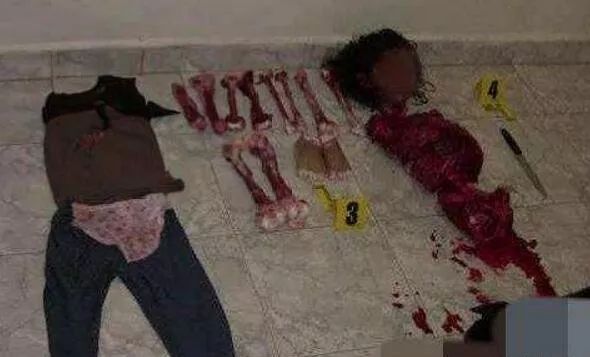
The next day, further searching revealed even more disturbing signs. In a corner of the house, the officers discovered two male bodies hidden beneath a pile of hay. They immediately halted the search and reported their findings. The police sealed off the area, and reinforcements were called in to monitor Long’s family and neighbors to prevent anyone from escaping or interfering.
The investigation intensified as suspicions grew that Long might have had accomplices. The police launched a widespread search, blocking off all access points to the village and alerting surrounding areas to watch for unusual activity.
The Cellar Full of Corpses
After several rounds of searching, the police found 33 bodies buried under the floorboards, in the pigsty, and hidden in various parts of the house. The bodies were arranged in an orderly fashion, as though they were soldiers lined up in formation. The discovery was shocking, and the case quickly became a nationwide sensation.
After multiple investigations, the police confirmed that Long had acted alone in the killings, with no evidence suggesting any accomplices.
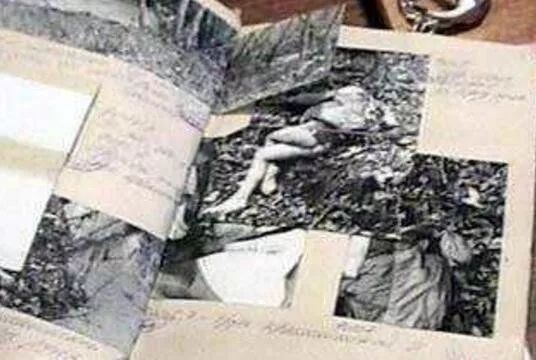
The Motivation Behind the Murders
During the interrogation, Long Zhiming appeared calm and showed no signs of mental instability. He claimed that he killed to “eradicate pests” and that he had “three exceptions” in his killings: he would not kill scientists, government officials, or workers. Long stated that he only targeted people he considered “useless” or “ignorant.”
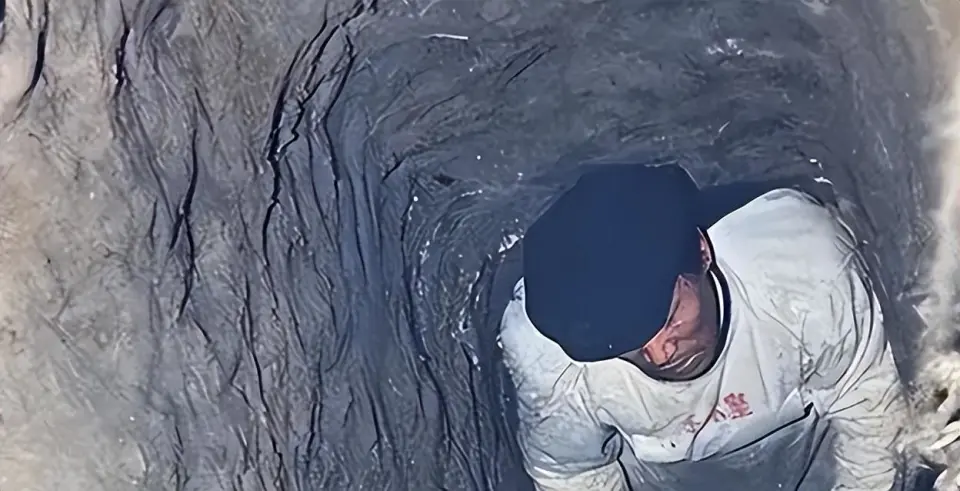
Experts believe that Long’s motives stemmed from a combination of greed for money and labor, and over time, he may have developed a psychological addiction to killing. Despite his horrific actions, Long’s behavior appeared to lack remorse or emotional disturbance.
Why Did He Kill?
To this day, the exact reasoning behind Long Zhiming’s killings remains unclear. Medical experts speculate that, in addition to material gain, Long may have developed a psychological addiction to the act of murder itself, possibly even deriving pleasure from it.
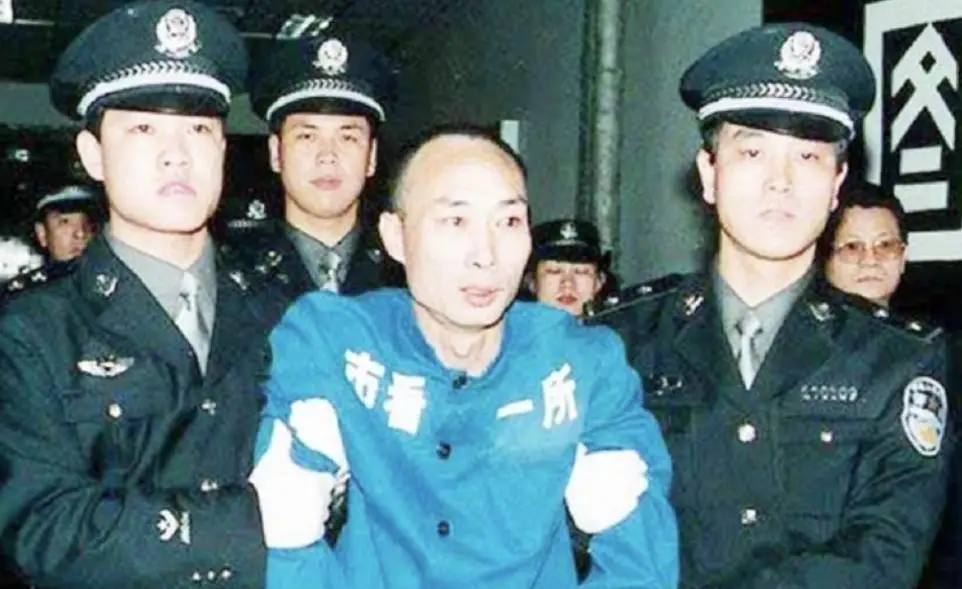
Before his execution, Long showed little understanding of his crimes. When asked about his actions, he casually referenced historical mass killings, saying, “Huang Chao killed eight million people and wasn’t sentenced to death.” His cold detachment and inability to grasp the severity of his actions left a chilling impression.
This case remains one of the most notorious criminal cases in modern Chinese history, and it had a profound impact on both the local community and the wider society.







